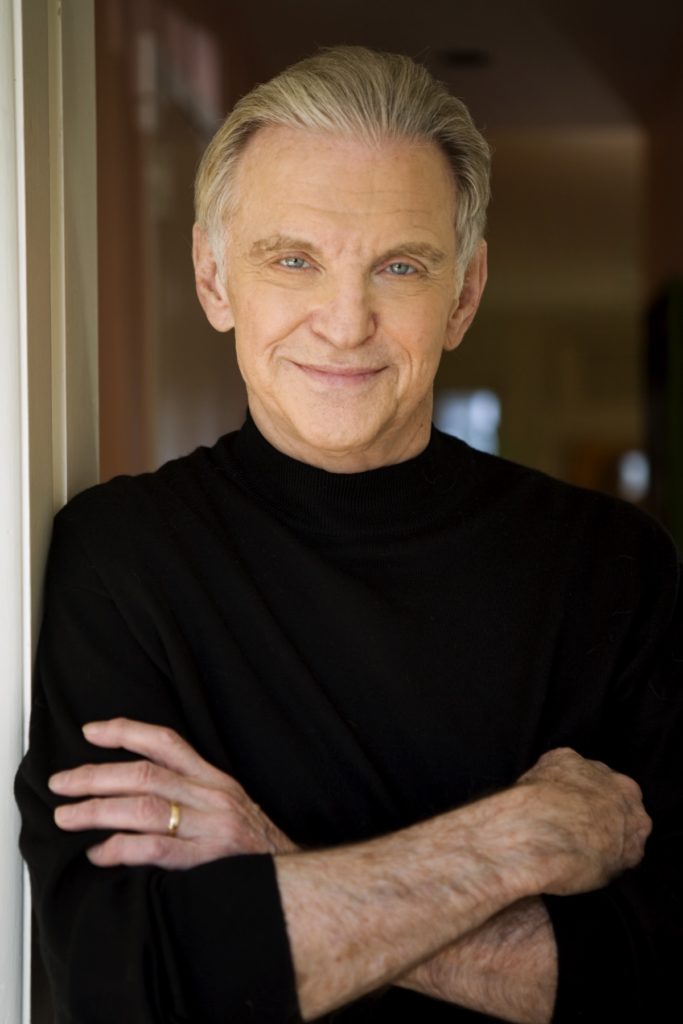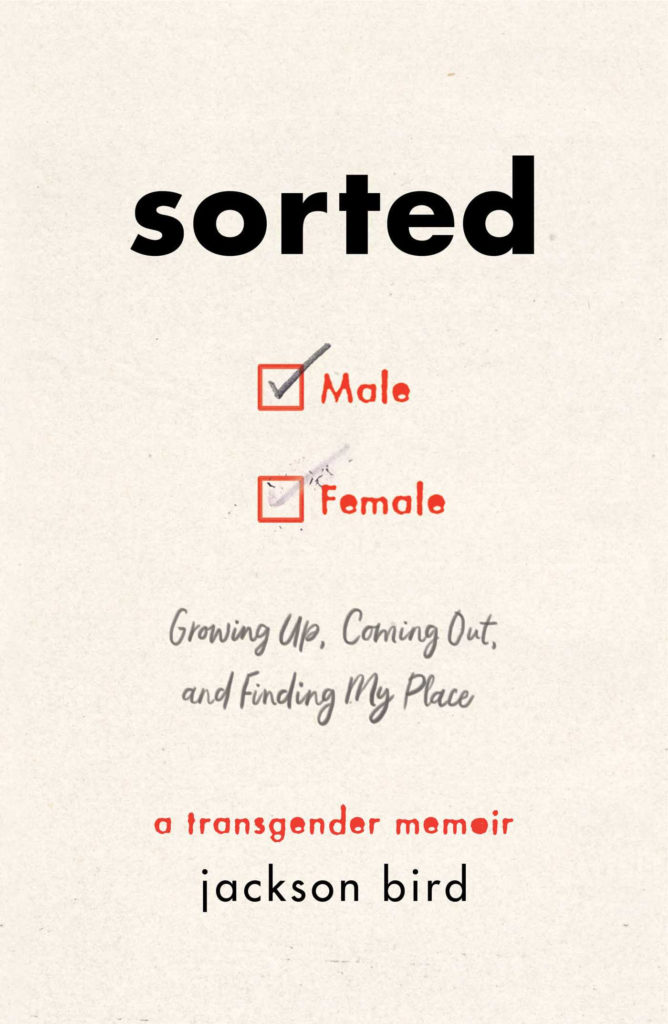Stonewall: The Definitive Story of the LGBTQ Rights Uprising That Changed America by Martin Duberman
Sorted: Growing Up, Coming Out, and Finding My Place (A Transgender Memoir) by Jackson Bird
Rage, Rebellion and Resistance 50 Years After Stonewall
By Krishan Mehta, PhD (December 18, 2019)
Stonewall: The Definitive Story of the LGBTQ Rights Uprising That Changed America, Martin Duberman, Blume, June 4, 2019 (2nd edition), 432 pp., $23.76
History has shown us the transformative power of organizing and activism. The salt march of 1930 led to India’s independence, the march on Washington in 1963 led to the passing of the Civil Rights Act, and years of mass street gatherings eventually helped unify East and West Germany in 1989. Arguably, these protests weren’t just snap events led by a few with a bone to pick. They were the result of a long and mounting chronology of injustices that impacted scores of people, so much so that the only option left was to spill onto the streets and demand change — for good.
2019 marks the 50th anniversary of another revolutionary moment in our collective history, the Stonewall Riots.
In the early hours of June 28, 1969, the NYPD raided the Stonewall Inn, a popular gay bar in Manhattan’s Greenwich Village. Police raids on queer establishments were common practice across the United States long before this incident and they were effective in stamping out any semblance of LGBTQ life. People usually dispersed quickly in the face of police violence because the risks of fighting back were just too great. Being out and about meant that you could be locked up, lose your job and disowned by your community and families, never mind the harm that often came with police batons and guns.
Martin Duberman’s seminal book Stonewall: The Definitive Story of the LGBTQ Rights Uprising That Changed America, first published in 1993 (2nd edition published this year), recounts the events that led up to the moment when queer New Yorkers finally struck back, rallying against homophobia, transphobia and police violence. Queer history calls out Stonewall as the site of social change for the LGBTQ community from which annual pride marches were borne.
The decades following Stonewall gave way to a number of LGBTQ victories in the United States and various parts of the world — from the establishment of anti-discrimination labour laws to the Marriage Equality Act.
As Duberman notes,
“In the past half century, we’ve gone from being all but uniformly pathologized and condemned — yes, even hunted — to being widely accepted as a legitimate minority.” Some argue that without Stonewall these wins would never have been realized, and the LGBTQ community would still be hiding in the shadows of American society.
While there are a plethora of films and resources about Stonewall, Duberman’s book occupies a special place in the canon because it uniquely and deliberately draws on the perspective of six individuals in an effort to create a personal and nuanced account of what happened that morning and the days after the riots. These narratives range from the relatively privileged white gay male point of view to the experiences of a black trans woman.
Brought together, Duberman invokes an honest, gruelling, angry and sometimes bittersweet account of the Stonewall era and how a movement became a catalyst and a new hope for queer freedom in the United States.”
Duberman’s 2019 edition of Stonewall includes a new introduction in which he laments about a looming apathy or as he puts it “limited satisfaction” that has swept across the LGBTQ+ community in recent years. The protest has been replaced with a party, the placards are now adorned with corporate logos, the pleas for justice have been overtaken by music and dancing.
These changes in the movement come at a particularly troubling time in America as the conservative alt-right movement takes hold in the White House, on university campuses, in corporate headquarters, and on the streets. The rights that came about from the Stonewall era — namely marriage equality and same-sex parental rights — have become hot button election issues again. These conversations are propped up by a political regime that cannot distinguish between hate speech and freedom of speech, and preys on working class and poor people who have not benefited from social and economic liberalism.
In this edition of Stonewall, Duberman provides an update on the six figures, four of whom have passed away over the last fifteen years. It’s an important addition, especially since readers delve into the lives of these people for almost 400 pages. Duberman helps us with the important question: “What happen to these folks, these heroes and heroines?”
While this book centres on the LGBTQ movement in the United States, as a Canadian reader, I couldn’t help but think about the other struggles for queer freedom and acceptance around the world. Why hasn’t the impact of Stonewall reached the people of Saudi Arabia or Brunei? We have to remember that 70 United Nations member states still criminalize same-sex relations between two consenting adults and in 26 of those countries, the penalty varies from 10 years in prison to life. In seven countries homosexuality is still punishable by death.
That said, there have been a number of breakthroughs in the struggle for LGBTQ+ rights. Last year, the Supreme Court of India removed Section 377 of the penal code, decriminalizing homosexuality nationwide. Only a few months ago, same-sex marriage was legalized in Taiwan, the first nation in Asia to make this landmark decision. In both instances, fighting for LGBTQ+ rights is part of the larger struggle to overturn the vestiges of a colonial power that legitimized the criminalization of homosexuality in the first place.
In watching these events unfold, I am reminded of the six figures in Stonewall and the hundreds of other unnamed champions who demonstrated and fought beside them. Certainly, if we could bring them all together today the conversation would inevitably have to deal with the struggle for queer rights alongside the fight for decolonization, migrant justice, anti-racism, gender equity and other important social justice movements.
While Duberman’s disappointment in the LGBTQ+ movement today may be well-founded, there have been many momentous victories inspired by Stonewall and other civil rights movements. But we must remember that civil rights are not inalienable rights. After all, Germany was the best place in the world to be gay in the 1920s. Just think how quickly that reality changed as the Nazis came into power. And while America did not create queer liberation, the legacy of Stonewall served as a blueprint — queer and otherwise — for social change in so many places across the globe.

Photo: Joanna Chan
2019 has been quite the year for activism. Just think about the millions of people who participated in the rallies for climate justice, or the demonstrations in Chile due to the rising cost of living, or the #blacklivesmatter marches across the US, or the democracy protests in Hong Kong. Duberman’s Stonewall tells an important tale about the value of protest, and how the struggle for equality needs people to come together and demand change. As we close out the year, let’s recommit to the urgency that fuels activism — because, let’s face it, patience has never been a friend to justice.
(Krishan Mehta is the Assistant Vice President, Engagement at Ryerson University and the Immediate Past-President of the Association of Fundraising Professionals (AFP) Greater Toronto Chapter.)
Reaching the Point Where you Can No Longer Lie to Yourself
By Katherine Verhagen Rodis (December 18, 2019)
Sorted: Growing Up, Coming Out, and Finding My Place (A Transgender Memoir), Jackson Bird, Tiller Press, September 24, 2019, 320 pp, $33.99
There several things that I’ve learned after reading Jackson Bird’s memoir, Sorted, and researching his biography:
- Jackson is a writer, digital storyteller and LGBTQ+ advocate who amplifies the voices of transgender people and breaks down stigma. His TED Talk, “How to Talk (and Listen) to Transgender People” has been viewed online over a million times.
- If you stick multiple candy canes in a heated waffle iron in a lattice pattern, you will obtain a visceral, sweet-smelling, gooey Christmas nightmare AND, MOST IMPORTANTLY,
- If you need help over the holidays dealing with your family as a trans- or gender non-conforming person, especially in maintaining your personal safety, watch Jackson’s “Thanksgiving Survival Kit” video.
Sorted is about Jackson growing up and finding his place as a trans man. He spent most of his “childhood and adolescence grappling with intense feelings that I didn’t have the words to explain.” Raised in a small, conservative Texas town in the 1990s, Jackson didn’t know any openly LGBTQ+ people. His only exposure to trans-identified people was as the butt of other people’s jokes, including as one-dimensional characters in Adam Sandler movies.
For most of his life, he was plagued by inner conflict. His birth-assigned gender and his inner sense of self didn’t match. Gender dysphoria is “the anxiety or unease experienced with regard to the incongruence between one’s innate sense of gender and one’s assigned sex—including how one is perceived by others, one’s relationship to one’s body, and more.”
Throughout high school and early university, Jackson dealt with his gender dysphoria by presenting as a popular “pretty girl,” the “best girl that [he] could be,” dating heterosexual boys. But though he felt socially accepted, it felt like he was playing a deceptive game, “a game that I was winning.”
In his “Coming Out” YouTube video (2015), Jackson explains how he reached the point where he could no longer lie to those closest to him or to himself.
Jackson guides the reader along his journey from the early days of growing as a social justice activist on behalf of the Harry Potter Alliance (HPA) to a trans rights vlogger and public figure. He shares intimate reflections about his early childhood and adolescence. Photographs look like they are attached to the book’s pages with scotch tape and miniature scanned journal pages appear covered in fervid, scrawled confessions. As well, he documents his GoFundMe crowdfunding expedition that he titled “Free Jack’s Nipples” to raise money for gender affirming surgery. This expedition inadvertently led to him writing a memoir at 28 years old.
Against this personal backdrop, Jackson blocks off informational text with grayed-out backgrounds. He addresses topics like safe chest binding practices, personal pronouns, hormone therapy, and top surgery recovery. However, he reaffirms a singular key message throughout his memoir: “[i]f you’ve met one transgender person, you’ve met one transgender person.”
There is no one “right” to identify as transgender. For example, some people who identify as transmasculine may seek out gender affirming surgery, and some may not. Some may shop only in the men’s clothing section and some may not.
Jackson stresses that the term “transmasculine” is an “inclusive way to refer to people who were assigned female at birth and fall along the masculine spectrum with regard to expression, transition, identity, or more. This can include trans men as well as some nonbinary and gender-nonconforming people.” As he jokes in one of his videos, “no one hands you a certificate one day and says, ‘Congrats! You’re trans!!’”
Jackson opens a space for other voices from people of diverse gender expressions. He self-consciously addresses his own power and privilege as a white, trans man, acknowledging the barriers to health care and activist platforms that others may face. He is forever extending an arm to those who have come before him or after him in advocating for trans rights and positively representing trans experiences in a public space.
I think it would be a great disservice to read this memoir and not view Jackson’s videos. Watching them, I alternate between crying from empathy and crying from laughter. He’s strong, empowering, and just damned funny. You can his podcast (Transmission) and follow him online at @jackisnotabird, on YouTube, Twitter, Facebook and Instagram. His digital resource page at jacksonbird.cool/resources provides important further reading for social justice and trans issues.
Sorted came to press a year after the World Health Organization (WHO) published guidelines where gender non-conformity could no longer be described as a “mental disorder.”
This “gender identity disorder” diagnosis was a precondition for changing trans people’s names and gender markers on official documents, imperiling basic rights like work, education and travel, in addition to people being allowed to seek gender affirmation surgery. In Ontario, there have been some gains made with the commission of Ontario’s first non-binary birth certificate and the formation of the Trans Health Expansion Partnership (THEx).

Yet there is still far to go in obtaining equal rights for trans people, including access to equitable health care and services. Until 2008, select transition-related surgery was excluded from Ontario Health Insurance Plan (OHIP) coverage since 1998. To this day, guidelines about genital and chest surgeries being covered by OHIP require “a diagnosis of persistent gender dysphoria” in order for candidates to qualify for approval for those procedures, running counter to the 2018 WHO proclamation.
I hope that with more exposure to voices like Jackson Bird’s, there will be more opportunities for other trans-identified individuals to come forward and feel safe enough to share their stories and participate in a larger, supportive community. Thank you, Jackson, for not just coming out, but for letting us in.
Katherine Verhagen Rodis is a proud member of the Canadian Association of Gift Planners. She’s a former teacher and academic. Advocate for gender-focused, anti-racist, and environmental issues. Lover of waffles. She is #LGBTQ+ and #neurodiverse, (she/her). @kverhagenrodis

